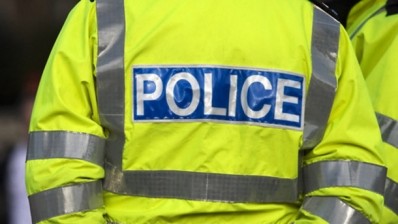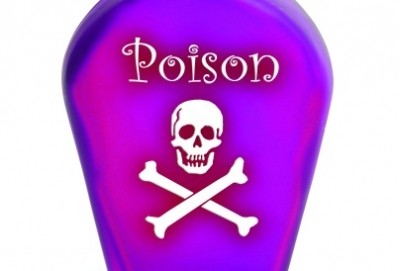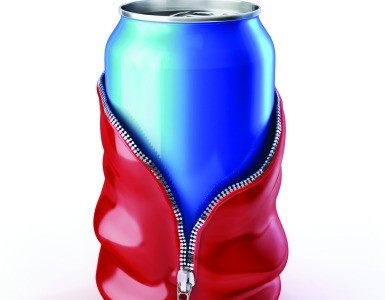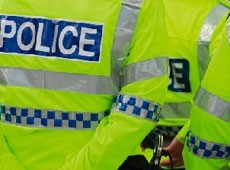Legal tips: how to spot counterfeit alcohol
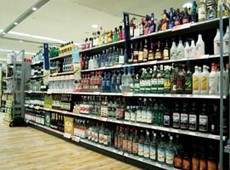
After more than a decade of increased taxation in a recession-hit Britain, producing and selling counterfeit items has very quickly become a very lucrative business. None more so than in the case of counterfeit alcohol. This is evidenced by fake products flooding the UK markets, a dramatic increase in enforcement action and successful prosecutions against well-organised gangs.
These gangs are constantly setting up factories and making illegal alcohol on an industrial scale to surreptitiously sell to pubs, clubs, bars and off-licence premises.
You will recall the tragic case of a warehouse in Lincoln that exploded, incinerating five men who were making illegal alcohol. A few months earlier, enforcement officers in the same area confiscated cigarettes and alcohol from six shops.
Tests showed that vodka seized contained “cleaning fluid” and was “unfit for human consumption”.
Illegally made alcohol, or cheap wines and spirits placed in expensive bottles, usually enter the market on the backs of vans and are sold, sometimes by way of elaborate deception, to off and on-licence premises, warehouses and other legitimate alcohol suppliers.
The sellers then disappear and, if there is a receipt, it is usually a scrappy bit of paper. It should be no surprise that alcohol fraud costs the UK millions of pounds in lost revenue to what are sometimes regarded as small-scale enterprises, but are more often than not part of major international fraud, being perpetrated across Europe and beyond.
Selling illegal alcohol also puts customers’ health and lives at serious risk. The consumption of alcohol containing the likes of anti-freeze, fuels, cleaning fluids or methanol causes, among other things, dizziness, breathing difficulties, blindness, kidney failure or, ultimately, death. Health experts have reported a gradual increase in people attending A&E nationally, believing their drinks have been ‘spiked’, but, actually, they are found to have been poisoned by fake alcohol.
There has been a steady increase in the supply of fake alcohol to licensed premises as the recent crackdown in the capital shows. The Metropolitan Police conducted a major operation resulting in 297 arrests, and the seizure of 61 vehicles and substantial amounts of alcohol and cigarettes.
Trading standards, the police and HM Revenue & Customs have stepped up their activities in relation to counterfeit alcohol and are keen to disrupt this type of trade. This allows them to reclaim revenue, apply for forfeiture and destruction of goods seized, seize assets believed to be from the proceeds of crime and recoup investigation costs.
It goes without saying that premises licence holders’ or their employees’ involvement in the possession or sale of counterfeit alcohol is a criminal offence, resulting in unlimited financial penalties and/or imprisonment of up to 10 years in the Crown Court. Additionally, there is a real risk of a personal licence holder having his licence revoked as a result of the conviction.
The police or trading standards officers can also apply for a review of a premises licence, where one exists. Most authorities, in the case of counterfeit goods, see revocation of a premises licence as merely the starting point. Failing this, restrictive conditions could be added, the sale of alcohol removed as an activity, or there could be a reduction in trading times. Enforcement officers are often encouraged to both prosecute offenders and review their premises licences.
It is, therefore, important that care is taken. So here are a few ideas and checks you could conduct to protect your business. For example, ensure that your stock consists of legal alcohol by purchasing supplies from a reputable company and retaining an itemised VAT receipt. It is also worth checking the packaging for poor quality labelling with obvious errors such as spelling mistakes, and the use of irregularly shaped bottles.
Problems can also be avoided by checking that the duty stamp is part of the label or stuck on the bottle and that the barcode is accurate (with most mobile phones now having an app that can identify a correct product).
It’s relatively easy to check alcohol for unusual separation of the liquid, sediment or bad and unusual smells. These range from a flowery to nail varnish-type scent. However, as a starting point, remember, a deal that looks too good to be true, usually is.
